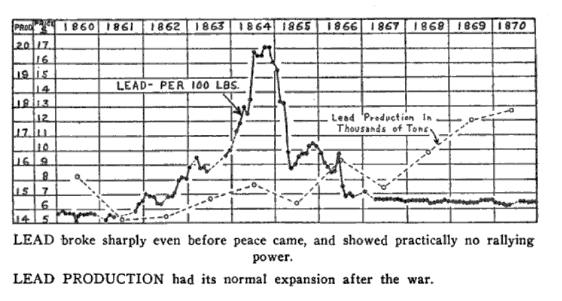Not only that, but it is very possible for the French to convince the British, with diplomacy, to stop at least military imports from going through their territory, after all, I think that we are all working with a Confederates + French vs Union here, not a Confederates + French vs Union + Britain. If Britain is going to let military material or resources obviously intended for military purposes pass through their territory they can't be considered neutral anymore.
Sure they can, as long as they're willing to sell to both sides. Likely British sales to the Confederacy will increase in this scenario, simply because there's no blockade, but this isn't enough to counteract the South's economic and demographic disadvantages.
It would be Britain's wet dream in terms of politics and economics. Our two biggest potential rivals are kicking the crap out of each other and need to buy all our stuff? Please do have this war continue for a few years more!
This indeed.
Commerce does indeed pre-date such, but without the Seaway you're not going to get the deep draft vessels needed to haul the amount of lead the Union needs. Railways did exist, but are limited in both number and capacity.
As for the South, they received something on the order of 40% of their nitrates via blockade runners.
Sure, it'll be limited, but it'll be enough to keep the Union in the game so to speak. Whilst the Federal Army might not have a preponderance of ammunition, it isn't like they won't be able to find any. As for the rail issue, once traffic is on the Great Lakes, it can be handled by the Erie Canal and other pathways.
Or, once the Union Fleet is capable of at least disrupting if not completely eliminating a French blockade, supplies can be transported to Halifax, and from there run along the coast and Gulf of Maine to Boston. If the Union dedicates a significant portion of its fleet to convoying this route, the French probably can't disrupt it easily without risking a hundred different ports letting lose their own blockade runners.
Finally, on the topic of blockade, IIRC there are regions between NY Harbor and Long Island sound which are technically passible but are extremely difficult to navigate. The Union, having locally trained and experienced pilots, might have success using the Sound as an escape.
Once the Transcontinental Railroad is completed, which might well happen even faster under the circumstances, nitrates can be imported from Latin America via the Pacific Coast and San Francisco. The France, aside from maybe a few raiders based at Tahiti, can't really project power sufficient to disrupt this trade.
And one other thing that will make the French efforts at blockade more difficult will be the fact that the North has a much larger merchant marine than the South, which is already overseas at the time when France would declare war/intervene. Under the circumstances, depending on the style of the ship (clippers, after all, were designed to be the fastest possible sailing ships and would still have been in service at the time), their crews and owners might be able to either refit them as blockade runners and/or transfer them to British or other neutral flag.
